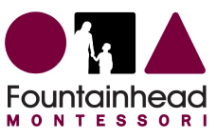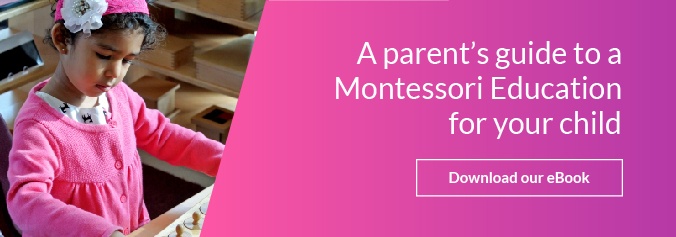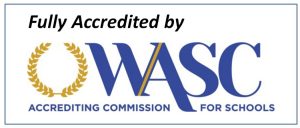Montessori education has long been celebrated for its unique approach to early childhood learning. Unlike traditional preschools, Montessori programs prioritize independence, hands-on exploration, and a deep respect for each child’s natural development. But what specifically makes Montessori so beneficial for preschoolers?
Here, we’ll explore the key elements of Montessori education and how they nurture children’s academic, social, and emotional growth during these crucial early years.
1. Fosters Independence
One of the most distinctive features of Montessori programs is their focus on independence. In a Montessori classroom, children are encouraged to take charge of their learning by selecting activities that interest them. Tasks like pouring water, tying shoelaces, or cleaning up their workspace teach practical life skills that boost confidence and self-reliance.
For preschoolers, this independence translates into a strong sense of responsibility. They begin to see themselves as capable individuals, an important foundation for future success.
2. Hands-On, Experiential Learning
Montessori education is built around the idea that children learn best through hands-on exploration. Classrooms are equipped with tactile materials specifically designed to teach foundational concepts in math, language, science, and more.
For example, preschoolers might use bead chains to practice counting or sandpaper letters to learn phonics. These materials engage multiple senses, helping children internalize abstract concepts in a concrete way.
This experiential learning approach keeps preschoolers engaged and excited about their discoveries, fostering a lifelong love of learning.
3. Individualized Attention
Every child develops at their own pace, and Montessori programs honor this individuality. Teachers in Montessori classrooms carefully observe each child’s interests and abilities, tailoring lessons and activities to meet their specific needs.
This personalized approach ensures that children feel challenged but not overwhelmed. It also allows advanced learners to explore more complex topics while providing additional support to those who need it.
4. Encourages Social and Emotional Growth
Montessori classrooms are designed to promote collaboration and respect among peers. Preschoolers learn how to interact with others through activities like group discussions, cooperative projects, and mixed-age mentorship.
For instance, older preschoolers might guide younger classmates in completing a task, building empathy and leadership skills. At the same time, younger children benefit from observing and learning from their older peers.
Teachers also emphasize conflict resolution and emotional regulation, helping children navigate social situations constructively. These skills are invaluable as preschoolers prepare for the more complex social dynamics of kindergarten and beyond.
5. Builds Focus and Concentration
Montessori programs are uniquely effective at fostering concentration in young children. The classroom environment is calm and organized, free from unnecessary distractions. Children are given the freedom to work on activities for extended periods, allowing them to develop focus and perseverance.
Over time, this ability to concentrate translates into improved problem-solving skills and greater academic success.
6. Prepares Children for Lifelong Learning
Perhaps the most significant benefit of Montessori education is the way it nurtures intrinsic motivation. By allowing children to explore topics that genuinely interest them, Montessori programs cultivate a love of learning that lasts well beyond preschool.
Children develop curiosity, resilience, and a sense of ownership over their education—qualities that will serve them well throughout their academic journey and into adulthood.
The Montessori Difference at Fountainhead Montessori School
Fountainhead Montessori School offers a comprehensive Montessori program designed to support preschoolers’ development in all areas. The classrooms are carefully prepared to inspire curiosity and exploration, with materials that challenge children while respecting their individual pace.
Is Montessori Right for Your Preschooler?
Montessori education is particularly beneficial for children who thrive in hands-on, self-directed environments. However, its focus on individualized learning and social-emotional development makes it a great fit for almost any preschooler.
If you’re considering Montessori for your child, the best way to explore its benefits is to visit a classroom. Observing children at work will give you valuable insight into how the program operates and whether it aligns with your family’s educational values.
Explore Montessori Education in Livermore
Fountainhead Montessori School in the Livermore area provides an authentic Montessori experience that nurtures preschoolers’ academic, social, and emotional growth. With its focus on independence, hands-on learning, and individualized attention, Fountainhead is a trusted choice for families seeking a well-rounded early education.
We invite you to schedule a tour of our campus and see firsthand why Montessori education is so beneficial for preschoolers. Let us help your child embark on a journey of discovery, independence, and lifelong learning.












Let us know what you think about this post
Put your Comment Below: